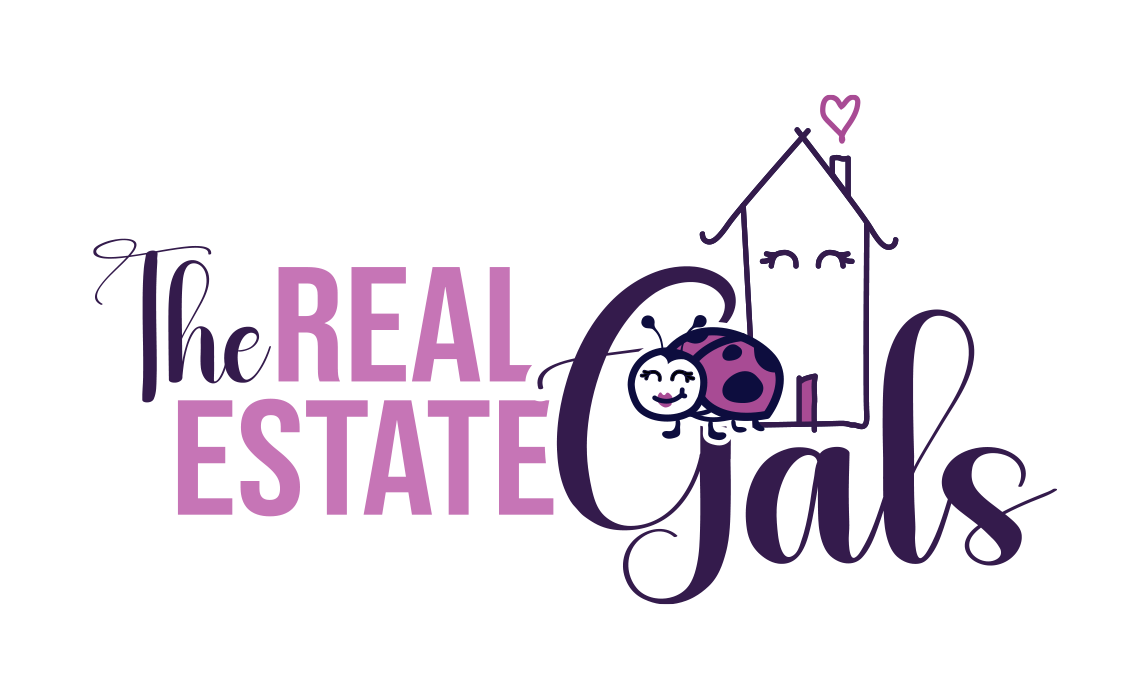Trauma or change affects us all differently. Whether it is a result of the pandemic, divorce, violence, accident or other life events…no matter what the situation, the importance of taking care of yourself can’t be overstated.
Self-care is the conscious act of focusing on and taking care of your own well-being – physically, mentally and emotionally.
Self-care is vital for building resilience against the stressors that life throws at you. When you take care of yourself, you are better equipped to handle the inevitable challenges that come your way. Think of it like your car. It needs regular maintenance to ensure it runs smoothly and doesn’t break down.
Taking care of yourself is not a luxury; it is not self-indulgent. It is vital to your health. When you have experienced trauma or a significant change in your life, it may seem like the farthest thing from your mind. But this is when self-care becomes your highest priority.
I know first-hand. Experiencing a divorce after 17 years of marriage, being sexually assaulted while on the job, becoming the victim of violence – I’ve had my challenges to say the least. My therapist made me eventually realize that if I did not take some time for myself, to regroup and to heal, I would struggle to be a good mother to my kids, to perform at my job, or even be open to finding my soulmate (whom I married last year).
There are so many ways you can take time for yourself…even during a pandemic. With Spring now well on its way, simple things like going for a walk, planting a garden, or going for a country drive are both physically and emotionally satisfying.
Water can be incredibly healing. If you can, go canoeing or kayaking, or simply sit by the water and take in its energy.
Books can be a great way to escape and also to heal. Two books that changed my life –
Broken Open by Elizabeth Lesser and
A New Earth by Eckhart Tolle.
But self-care is not just about taking some time for yourself when you can. It is a mindset and should be part of your daily routine. Your physical body needs care too and that includes eating healthy, exercising and getting enough sleep.
According to
EverydayHealth.com , there are 3 categories to self-care:
Emotional self-care – such as taking a bubble bath, saying “no” to unnecessary things, a weekly coffee date (or phone call) with a friend.
Physical self-care – as mentioned above, making healthier food choices, getting to bed on time and exercise.
Spiritual self-care – like meditating, starting a gratitude journal, going for a walk in nature or attending a religious service.
Self-care is not being selfish – at least not in the negative sense of the word. Self-care is about ensuring that you are ready for what life throws at you, that you can be there for your kids and your partner when they need you.
Not sure where to start? Here are
45 simple self-care practices you can try.
The information provided on this website does not, and is not intended to, constitute legal advice; instead, all information, content, and materials available on this site are for general informational purposes only. Views expressed are my own. Please consult a lawyer for advice on legal matters.


